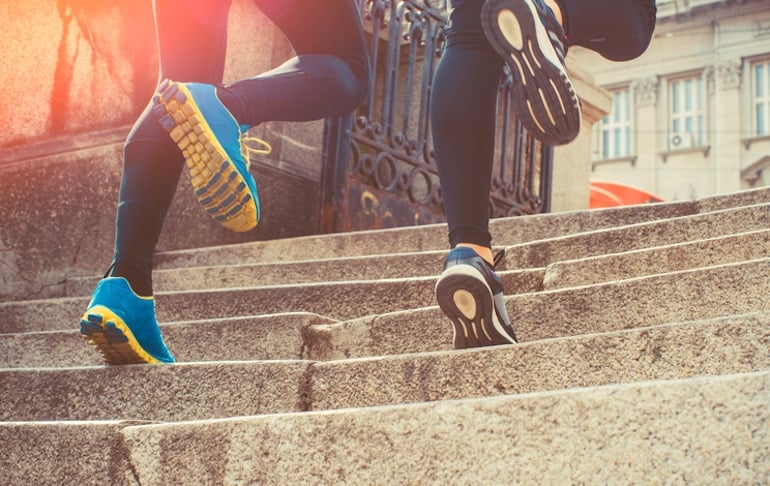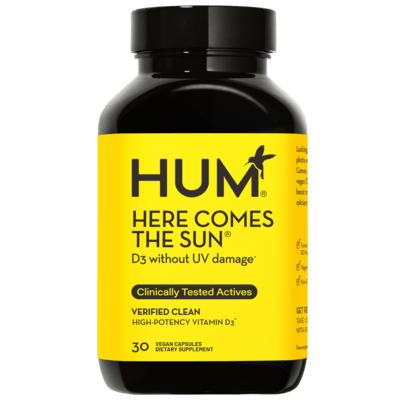Medically Reviewed By
Gaby Vaca-Flores, RDN, CLE
Registered Dietitian Nutritionist
Jessica Nelson, RDN, CPT, discusses the effects of exercise on the immune system.
Protecting your immunity is as hot a topic as ever. It’s a given that making good lifestyle choices—such as getting adequate sleep, eating a balanced diet, lowering stress, and not smoking—are all habits that support your well-being.
But what about physical activity? Does exercise boost immunity, or can it possibly do more harm than good? Let’s find out.


Does exercise boost the immune system?
The immune system is a complex system made up of cells, antibodies, proteins, and organs. They all work together to defend your body against sickness. As mentioned earlier, there are many habits that can help boost your immunity. And when it comes to the link between exercise and immunity, there are a number of studies showing positive results. Through research, we found that immune function is boosted after about 30 minutes of exercise. Even better, this benefit may last up to several hours after physical activity is complete.
How does physical activity improve the immune system?
The immune system releases key defense cells into the blood in response to normal exercise-induced stressors. Luckily, the elevated number of cells circulating in the bloodstream during exercise can find and destroy invading pathogens. In short, exercise allows a greater opportunity for your immune system to do its job than if you weren’t exercising at all. A 2010 study of over 1,000 adult participants investigating the effects of exercise on the immune system found similar results to the study above. They exercised moderately five days a week for 20 minutes over a 12-week time frame. Impressively, the final results showed a significant decrease in frequency (40 to 45 percent) and severity of symptoms (30 to 40 percent) of upper respiratory tract infections.How to Reach Your Exercise and Immunity Goals
To lower your risk of getting sick and promote overall health, aim to do moderate-intensity exercise most days of the week for at least 20 to 30 minutes. Examples of such exercises include:- brisk walking
- biking
- climbing stairs
- light jogging
- swimming
- deep cleaning your home
- yard work
- washing your car

Additional Health Benefits of Exercise
On top of immunity support, we know that exercise is vital for overall wellness. Among many other health benefits of exercise, regular physical activity can help:- boost cognition, memory, and attention
- regulate mood
- reduce stress
- increase energy
- improve blood circulation
- promote bone health
Final Thoughts
While we see that exercise can help boost the immune system, it’s important to note that overdoing it can have negative consequences. In fact, regularly over-exercising may actually depress the immune system. Too much exercise creates “an open window” for viruses and other pathogens to take hold. For that reason, it’s equally important to listen to your body when it needs rest. Adequate exercise recovery entails allowing for rest days each week, getting enough sleep each night, and replenishing your body with nourishing food and lots of water.More like this









